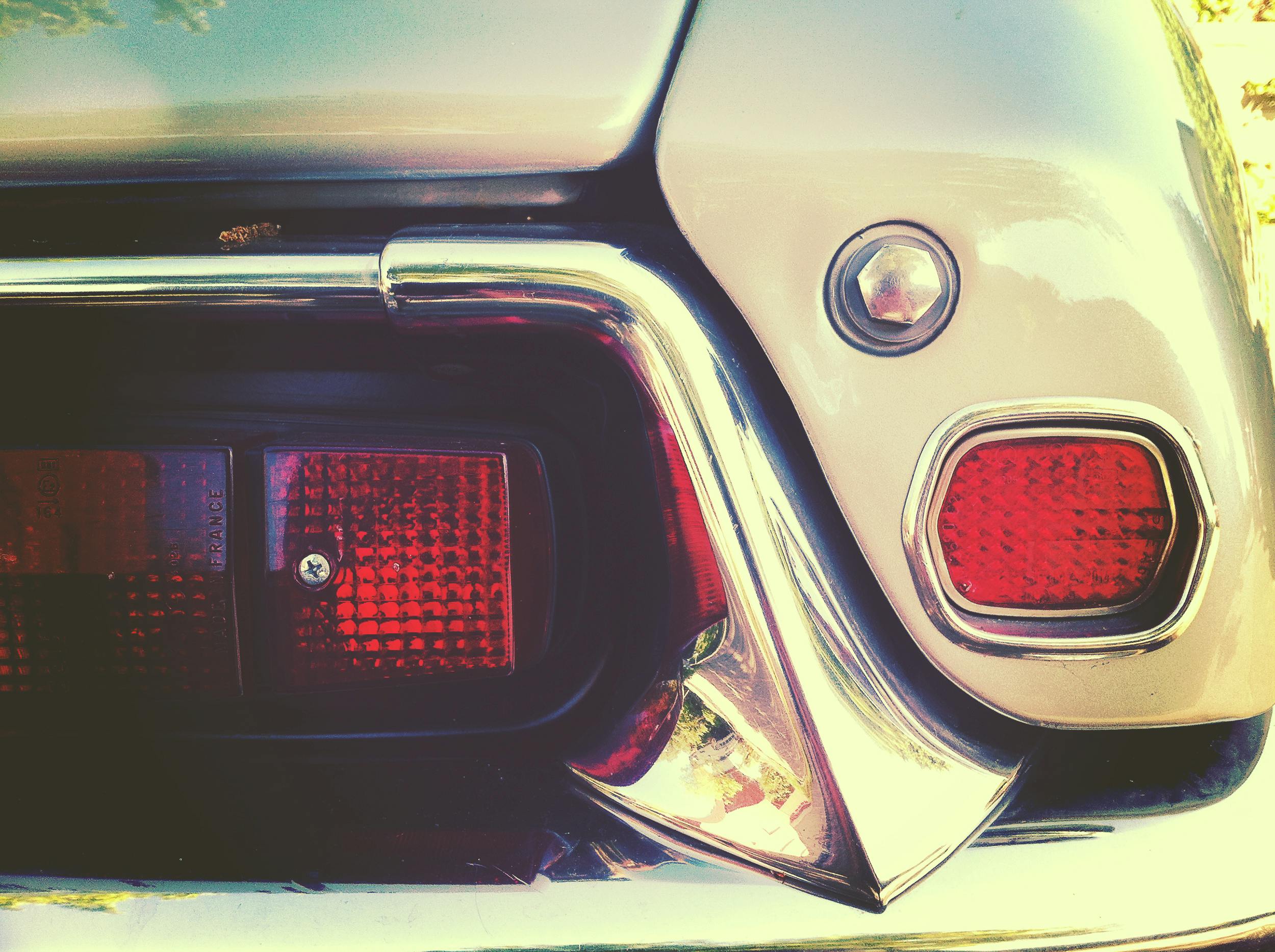Navigating a Collision: A Lesson in Responsibility
Recently, I experienced an unfortunate situation that left me feeling both frustrated and determined. While parked and seated in my car, another driver carelessly dinged my door and subsequently refused to take any responsibility for their actions. Their lack of accountability and dismissive attitude only fueled my frustration.
After the encounter, which was filled with their negativity, I decided to take action. I made my way to the local police station to obtain the driver’s information from their license plates and subsequently filed a claim with their insurance company.
While I typically wouldn’t have pursued this matter, their unnecessary rudeness pushed me to do so. Basic civility dictates that in such situations, one ought to accept responsibility, offer a solution, and exchange contact details. A simple acknowledgment could have spared us both the hassle.
Instead, I was met with excuses, including outlandish claims that their vehicle had been struck by a shopping cart. To top it off, they suggested I watch YouTube tutorials on how to buff out the damage myself, a suggestion I found particularly ironic. When I playfully proposed that perhaps she should check out those same videos for me, she responded with hostility, labeling me as “sketchy.”
The most baffling part of our encounter was when they almost challenged me to involve the police, claiming they had no interest in the outcome. They left without providing any of their details, leaving me no choice but to take matters into my own hands. Luckily, the police were cooperative and provided me with the necessary information to move forward with my claim.
Fast forward a few hours, and I received a call from their insurance company: they acknowledged the claim and agreed to cover the repair costs for my vehicle. While it’s unfortunate that these kinds of incidents occur, I believe that the actions we take in response can make a significant difference.
In the end, it’s a reminder of the importance of accountability and the impact of our attitudes during challenging situations. Here’s hoping that the experience serves as a lesson for those involved.



